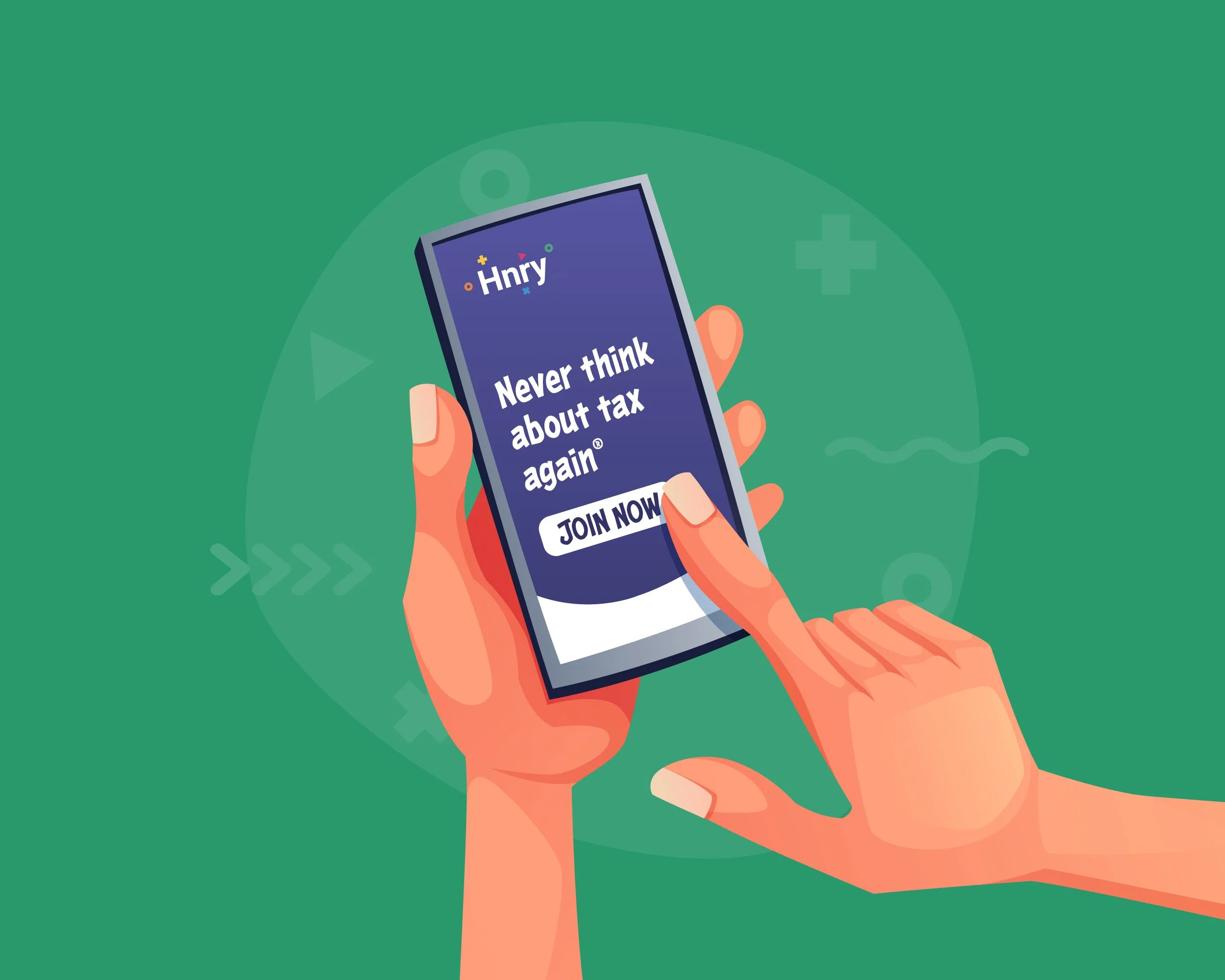This week, I wanted to show how our US 500 ETF investment is tracking, especially now that this is our only one. And explain how we will use it to provide income for retirement. I also have a quick update on our KiwiSaver. I mainly wanted to share this because investing in KiwiSaver and an Exchange Traded Fund (ETF) provides an alternative to investing in rental property, something we have never wanted to do. This blog explains how Jonny and I invest, that investing this way grows our wealth, and how we see our investments providing us with long-term, easily accessible income.
Imputation Credits = Tax Savings!
I’ve got a super short blog post for you this week where I am answering a question that is often asked: What is an imputation credit? If you are a share investor (including ETFs), you will pay tax at your personal tax rate on any dividend income that you receive. You must also be aware of any tax credits available to you due to your dividend income. These are called Imputation Credits, and you can use them to reduce the overall income tax you pay.
Portfolio Rebalance: We sold $103,000 of investments!
In August, I made a significant change to our investment mix. I sold all $103,000 of our Smartshares NZ Top 50 ETF (FNZ). This change ties in with all the other tweaks I’ve made over the years, where I have been progressively refining how we invest and setting ourselves up for future growth. Year after year, our mix changed as I learned and understood more, so this recent change is part of this evolution. If I were to use investment speak, I’d say I have ‘rebalanced my portfolio’.
Financial Reset: Spending less and earning more for a month!
My latest bright idea was for our whānau of three to spend the month of July earning more money while spending less of it. Call it a Financial Reset. Why? When the general societal vibe is that we are all in a rough state economically, it is easy for an individual to feel powerless. Although optimistic by nature, I’m not immune to this feeling of gloom. But instead of accepting that we are in a financial crisis, I’d prefer to take the bull by the horns and own our situation.
8th Anniversary Giveaway: Guess the Piggy Bank Total!
I'm hosting a giveaway to celebrate The Happy Saver’s 8th Anniversary. This isn't just any ordinary giveaway. With her creative flair, my daughter made a paper mache piggy bank way back in 2021. It’s taken three long years of her diligently filling it up, and now it’s time to break it open and see just how much she’s saved. To enter to win one of the prizes, take a wild guess at the total amount inside the piggy bank.
Why I Switched My Accounting to Hnry
Finally, in early 2024, I’d had enough of my now-nowhere-near-good-enough accounting systems, so I switched to Hnry to run The Happy Saver accounts. To put it bluntly, I was gobsmacked at the ease of it all. I’m so pleased I’ve eliminated the complexity from my blog's ‘business’ side so I can get back to doing what I enjoy: helping people.
Investing Is Not Black and White
It’s standard for me to get at least one blunt email saying I’m wrong about a financial decision or purchase I’ve made on behalf of my whānau. Generally, the reasoning given will be based on one aspect, often a technical math issue, ignoring all the other points I mentioned. I used to panic that they might be right and that I might have this money stuff entirely and utterly wrong. But I no longer do. Instead, I take their comments with a grain of salt and consider that it’s probably them who are wrong. Although it takes time, often I’ll research their argument and find that they are.
Rebel Finance School 2024
The fact that I never manage to get to the bottom of my inbox because questions about money just keep rolling in tells me that there is a considerable need in Aotearoa for some decent independent financial education and advice. Financial literacy can only come from consistent education, willingness to learn, and taking action. But finding comprehensive information about money is difficult. If you want to understand the basics, get your head in the right space, and make lasting changes to your finances, I’ve got you covered today.
You should pay off your student loan, and here’s why.
I want to explain why you will often hear me encouraging people to avoid taking out student loans or pay them off as fast as possible if they have them. My suggestion is more controversial than I realised, and I’m often taken to task for my view, particularly by more mathematically minded people. Over almost eight years of talking with people from all walks of life about money, I have found that student loans keep coming up in conversations with former students. The simple reason is that what is considered a relatively innocuous decision to take on interest-free student debt has far wider-ranging implications than those borrowers ever realised at the outset. I kōrero with many people, and the word that keeps coming up regarding student loans is simple: REGRET. The reason they now have regret is that the debt had impacts on their life that they never foresaw.









